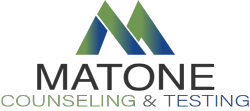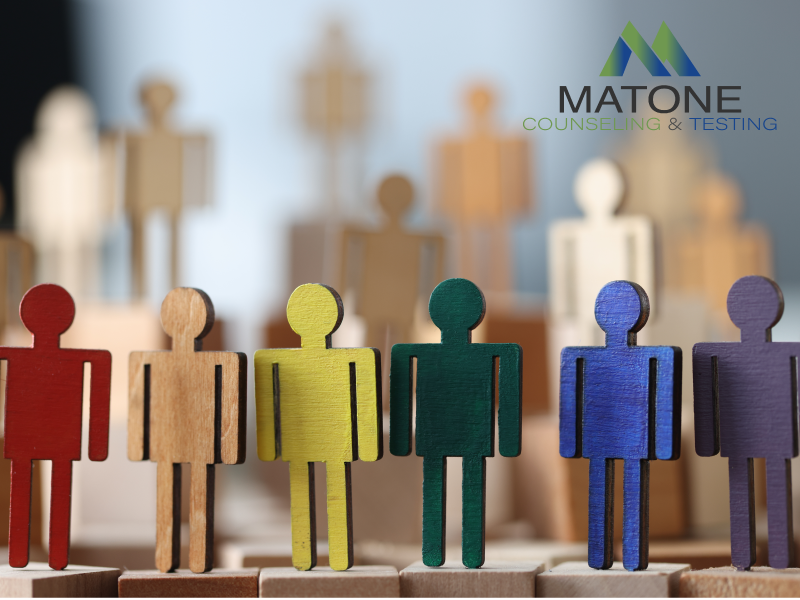How is Couple’s Counseling Different with LGBTQIA+ Clients?
Many LGBTQIA+ individuals have repeatedly been given the message that “You will never be able to find or sustain a relationship”. This is often becoming a self-fulfilling prophecy, in other words, when someone has cognitive distortions around not being able to sustain a relationship there is a tendency to give up quickly when challenges arise in their relationships.
Individuals vary greatly regarding the stage of “coming out” they may find themselves in. Often this is impacted by concerns around career, the family of origin, and religion. When two people vary in terms of the coming out process, this creates relationship challenges. For example, the more “out” partner may feel rejection when the more “closeted” partner is hesitant to introduce the partner to the family of origin and professional colleagues. By the same token, the more “closeted” partner may feel conflicted around the possibility of estrangement from family or threatened job security to disclose. Most heterosexual long term relationships would be strained if one partner refused to introduce the other to family members. This is precisely the challenge many LGBTQIA+ relationships face.
Advantages and Strengths
The “silver lining” to the lack of role models and social stigma may be that LGBTQIA+ couples have an opportunity to formulate a new paradigm. Monogamy is typically assumed in heterosexual relationships. LGBTQIA+ partners have an opportunity to discover “what works for them individually” In terms of monogamy, shared responsibilities around finances and child rearing, and other considerations. Jealousy and insecurity are not as often issues with LGBTQIA+ couples. One common misconception in LGBTQIA+ relationships is that one person has a “male” role and another has a “female” role. LGBTQIA+ couples have the opportunity to rethink those roles.
Finding an LGBTQIA+ Therapist
Many clients report finding it beneficial to utilize a therapist who is not only LGBTQIA+ accepting but also, an ally and adequately informed regarding different dynamics and challenges facing LGBTQIA+ couples. Some couples even seek out a therapist who disclosed their own LGBTQIA+ identity in therapy as this often creates the therapeutic rapport between client and therapist.
Matone Counseling and Testing have several clinicians on staff who are both clinically competent in LGBTQIA+ issues and comfortable with inappropriate disclosure around their own LGBTQIA+ identity.
For more information contact Matone Counseling and Testing at 828-333-9320 or register for online consultation!

John works with individuals and couples and has a special interest in LGBTQI issues.




